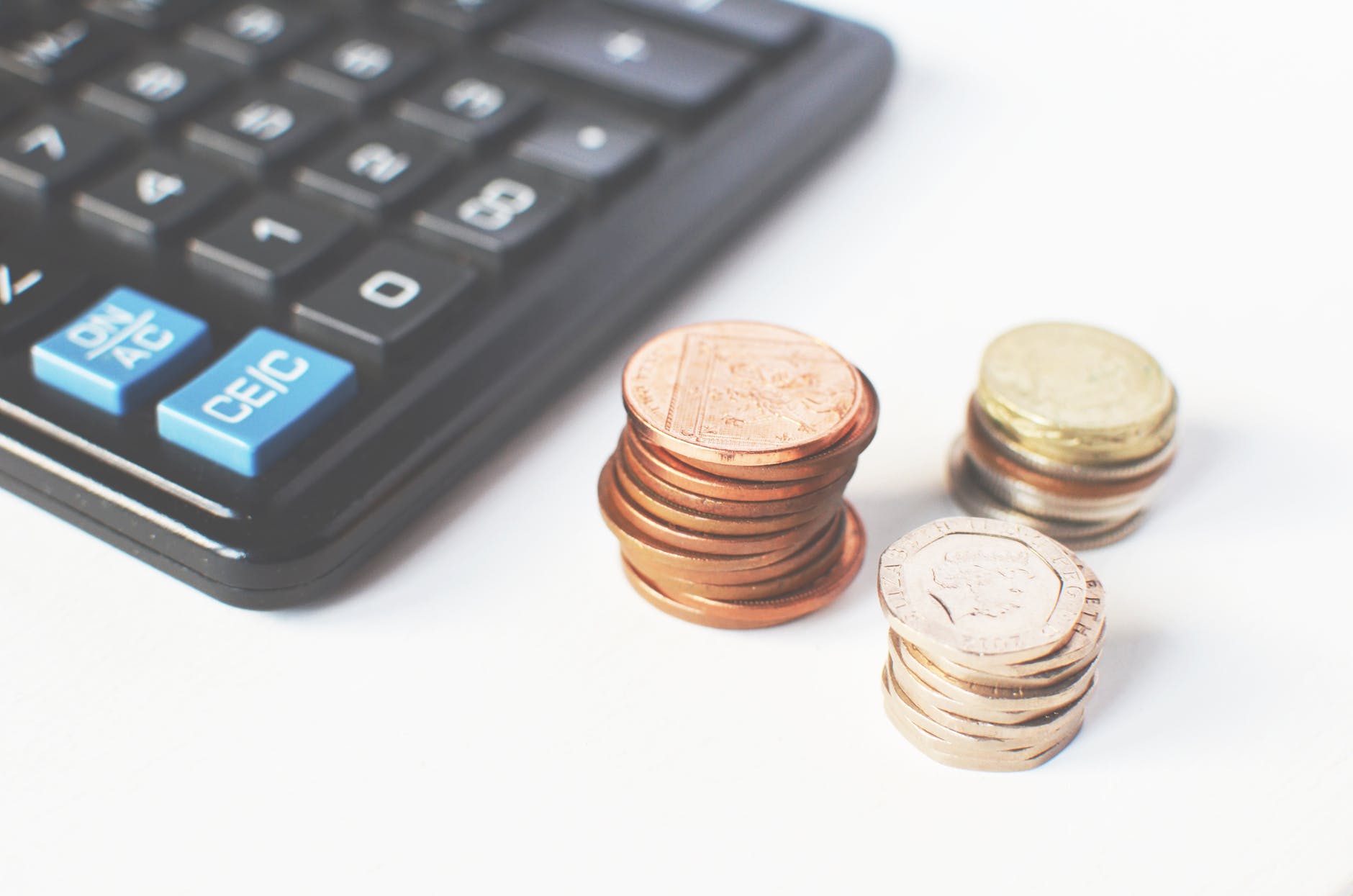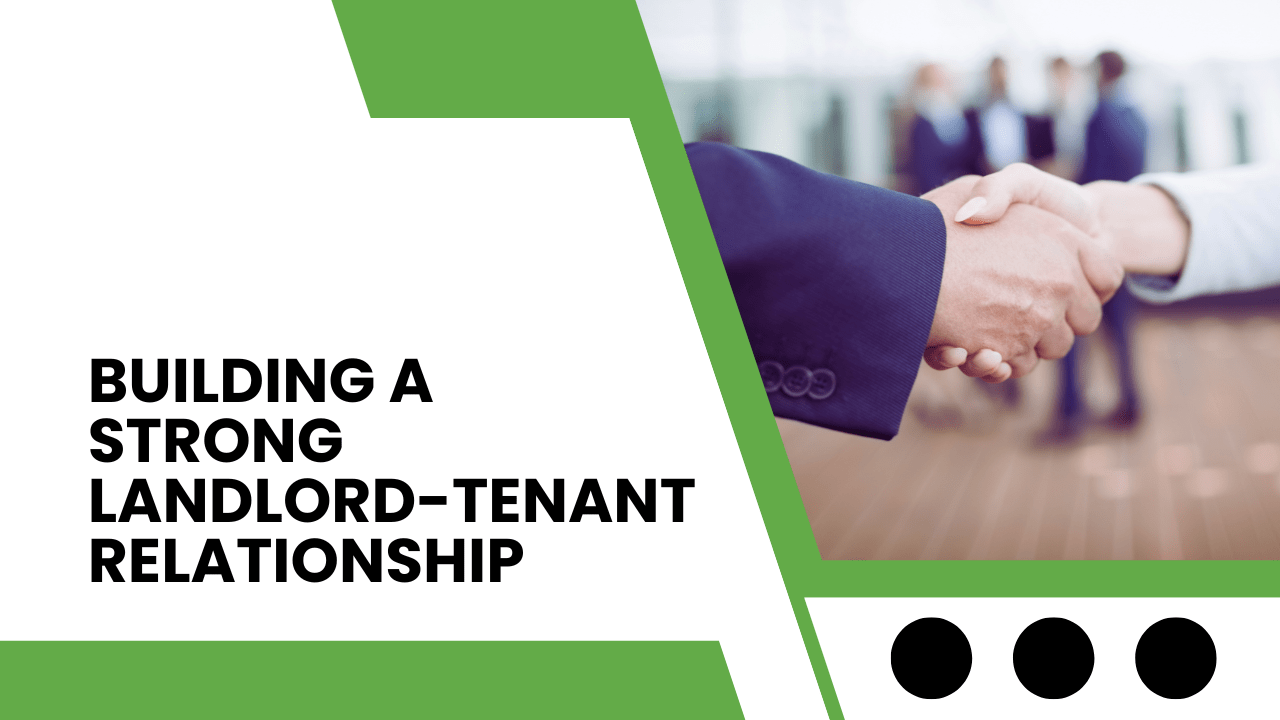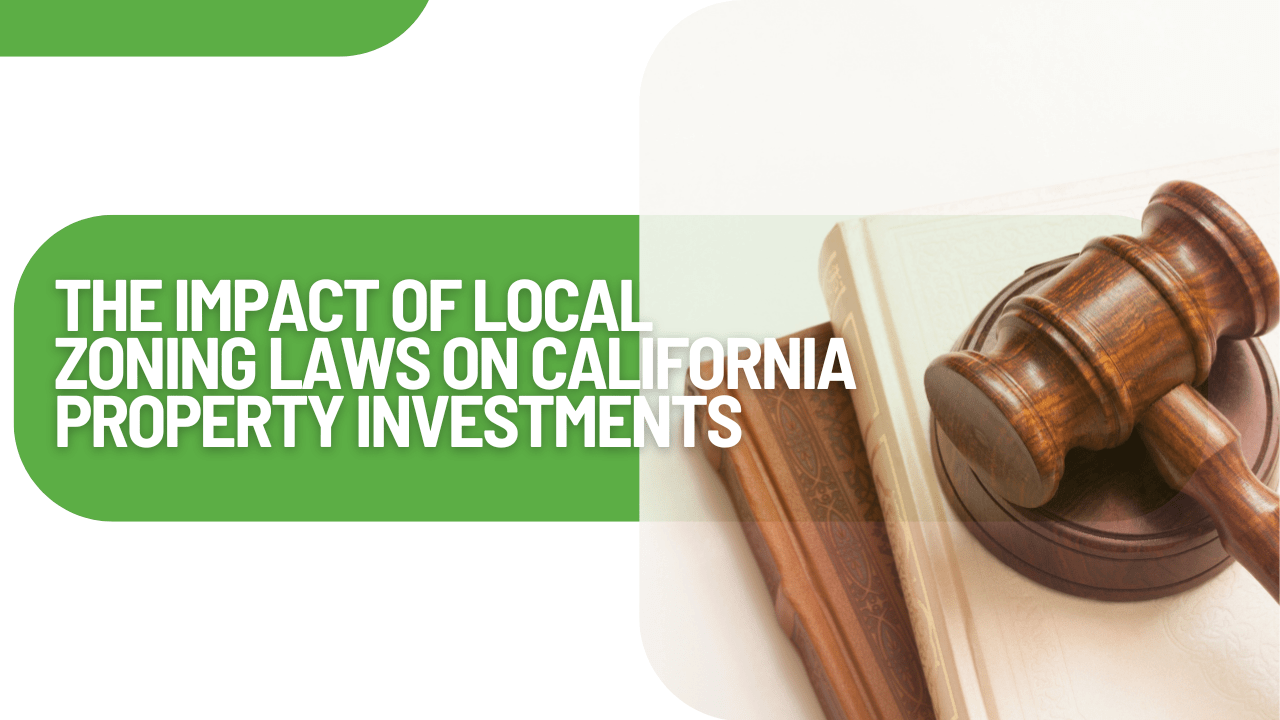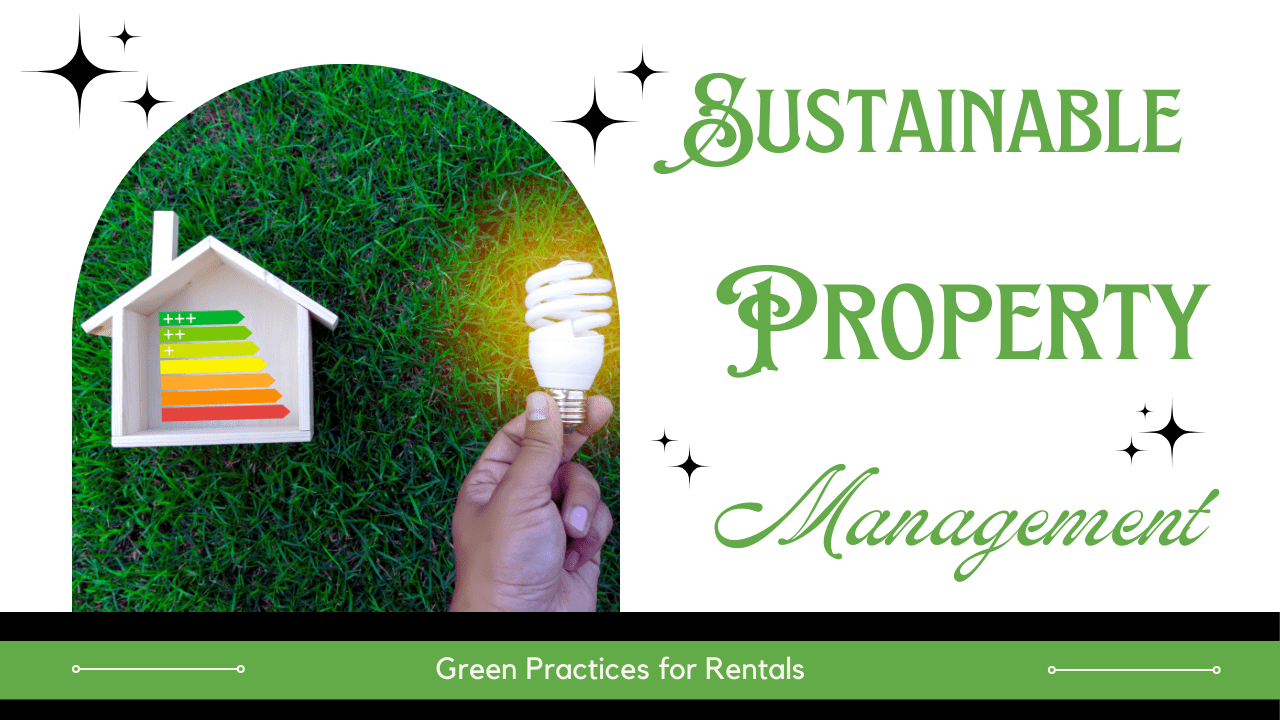These are just a few of the things that investors and landlords rarely anticipate when they begin to rent out a home. Your ROI is important, and you need to remember that working with a professional California City property management company is a great way to keep expenses down and profits up. For more information, contact us at JBL & Associates.
What Are the Unexpected Expenses of Owning a California City Rental Property?
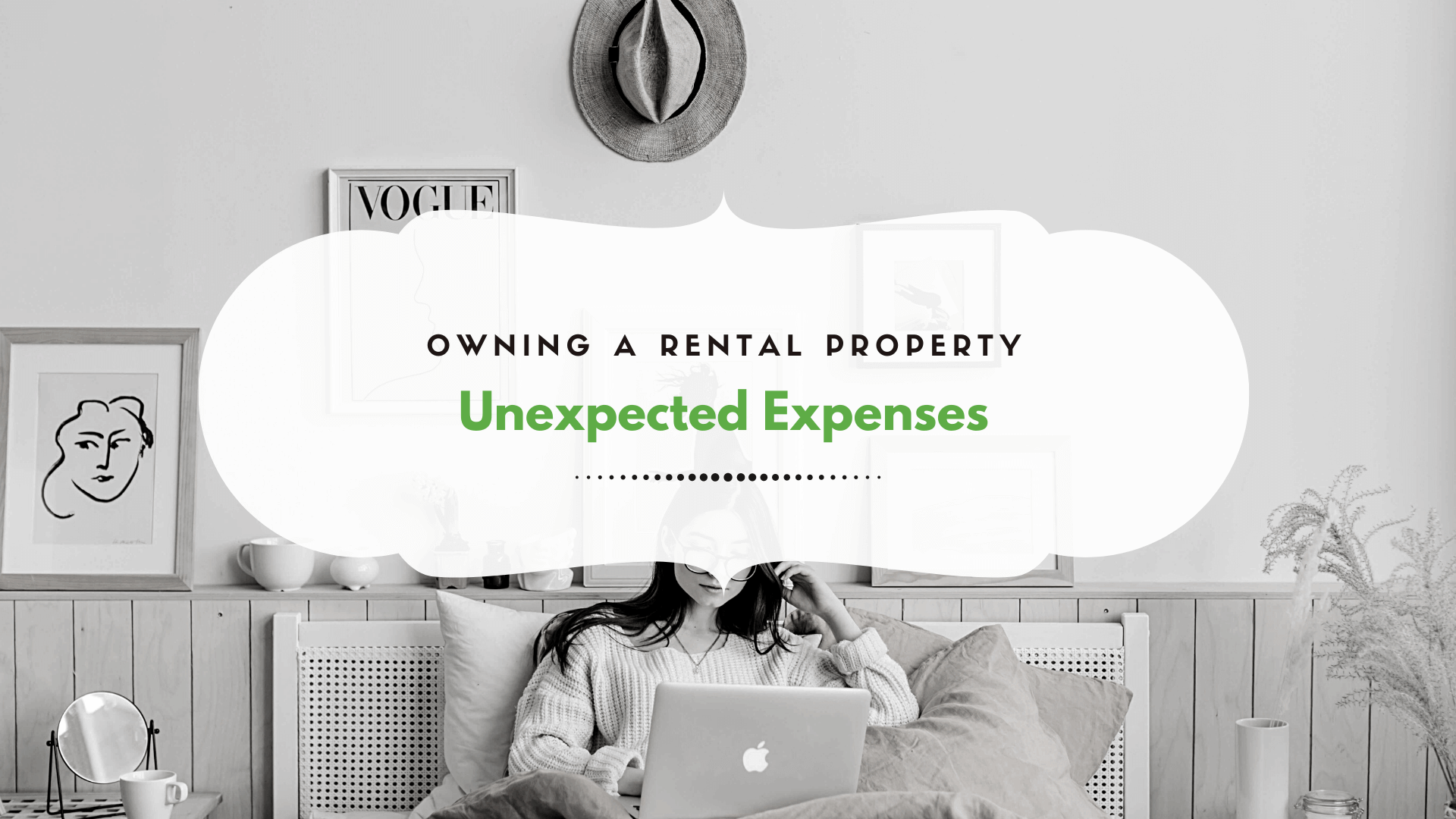
Owning a California City rental property can offer several ways to earn money. You have a tenant paying down your mortgage and contributing to expenses. You’re earning appreciation and equity over time, and you’re hopefully taking advantage of all the tax breaks that come with income-producing rental homes.
There are also costs and expenses. Most of them are expected, but some can catch you by surprise.
Unexpected costs can be painful, especially if you don’t have the money set aside to cover them. Here are some of the things that many rental property owners forget to budget for when they’re
investing in rental real estate.
Vacancy and Turnover Aren’t Cheap
You may have budgeted for your income and expenses without considering that your rental properties won’t be occupied 100 percent of the time. This is a common thing to forget. Vacancy can sneak up on an owner, and it’s almost always more expensive than you think it will be.
This begins immediately after you acquire your investment property. After you close, you’ll need to spend a few weeks or even a few months getting the property ready for the rental market and finding a tenant. When one tenant moves out, you’ll have to invest in turnover costs like cleaning and maintenance before another tenant moves in. Then, you’ll have to advertise and market the home. It can be a few weeks before you’re collecting rent again.
Vacancy costs are especially costly because it’s money that you can’t really recoup. The longer you don’t have a tenant in place, the more your investment costs you. You’re not receiving rental income, and at the same time you’re also required to pay for the utilities, security, landscaping, and upkeep.
A strategic marketing plan will help. You want to get a well-qualified tenant in place as soon as possible. Once you have a great resident, focus on tenant retention so you don’t have to face a vacancy shock every year.
The High Cost of Deferred Maintenance and Emergency Repairs
Maintenance issues never get cheaper with time, and if you don’t take care of routine and preventative work, you’ll find you are responding to a lot of maintenance emergencies.
Putting off minor repairs will only cost more when you’re forced to fix a leak or a roof. Take care of
preventative and routine maintenance right away. There will always be maintenance costs involved in renting out a home, no matter how new it is or what kind of excellent condition it happens to be in. We recommend you budget for maintenance, and it doesn’t hurt to
over-budget for maintenance.
Have a reserve fund or a savings account set aside for potential repair bills. Be responsive when those maintenance requests come in from your tenants. You want to preserve the condition of your home and avoid complex and costly repairs. You also want to keep your tenants happy. Responsive maintenance saves money by retaining tenants.
Screen Well or Pay for Bad Tenants
Bad tenants are expensive. They’re more likely to pay rent late or not pay it at all. That will require a series of notices and potentially, an eviction. A bad tenant can also cause property damage and may violate the terms of your lease. You’ll spend more time and money than you want to on evictions, maintenance, and renovations.
Unless you want to spend a lot of money on bad tenants, be sure your screening process is thorough. You need to be detailed and consistent so you aren’t losing money on terrible tenants.

